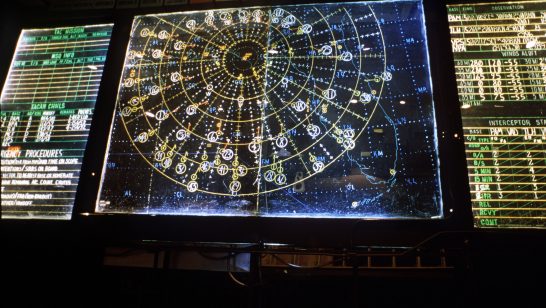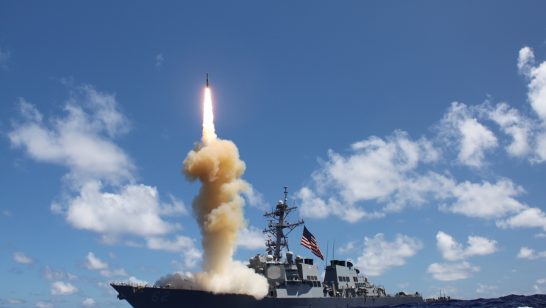Dr. Anna Péczeli is a Postdoctoral Research Fellow at the Center for Global Security Research (CGSR) at Lawrence Livermore National Laboratory. She is also an affiliate at the Center for International Security and Cooperation (CISAC) at Stanford University, and an adjunct fellow at the Centre for Strategic and Defence Studies (CSDS) at the National University of Public Service in Budapest, Hungary.
Prior to joining LLNL, she worked at Stanford University: in 2018-2019 she was a visiting postdoctoral research scholar at The Europe Center (TEC), and in 2016-2017 she was a Stanton nuclear security fellow at CISAC. In Hungary, she was a senior research fellow at CSDS, an assistant lecturer at Corvinus University of Budapest, and an adjunct fellow at the Hungarian Institute of International Affairs. During her PhD studies, she held a visiting research fellowship at the Peace Research Institute Frankfurt, and a visiting Fulbright fellowship at the Nuclear Information Project of the Federation of American Scientists (FAS) in Washington, DC.
She earned a PhD degree in International Relations from Corvinus University of Budapest. Her research focuses on U.S. nuclear planning, in particular the changes and continuities in U.S. nuclear strategy since the end of the Cold War. Her research areas also include extended nuclear deterrence in Europe, NATO’s defense policy, and the U.S.-Russian arms control dialogue. Anna is a member of the CSIS Project on Nuclear Issues mid-career cadre, the European Defence and Security Network, the EU Non-Proliferation and Disarmament Consortium, and chair of the Executive Board of the International Student/Young Pugwash (ISYP) group.


